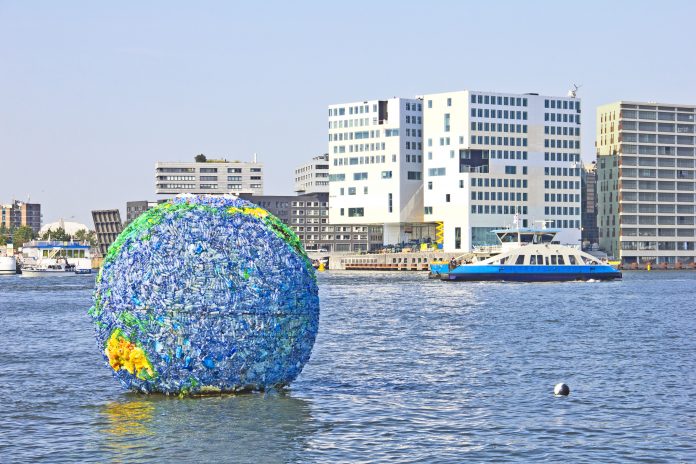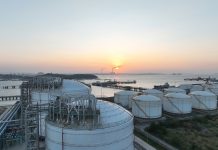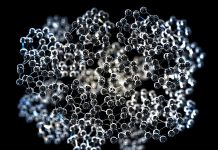European cities are moving towards becoming fully circular – not only recycling all their waste but also changing their production modes to fit circular waste models
No longer just recycling 100% of the resources available from waste materials, European cities are changing their production modes and optimising materials’ flows. These circular waste cities, funded by the EU’s REFLOW project, have developed innovative tools and guidelines to help them reuse more resources than they produce.
Under the current urban paradigm, cities consume more resources than they produce – so the EU-funded REFLOW project is changing this trend by optimising ‘urban metabolism’. This entails actively rethinking urban spaces involving citizens, completely redesigning products, and relocating production to suit more circular methods.
European cities like Amsterdam, Berlin, Milan, Cluj-Napoca, Paris and Vejle now have better infrastructure guides on how to achieve circular models.
Stakeholders across these six cities have spent the past 3 years testing out products, software, and business models with the potential to enable a truly circular economy that works for everyone, here’s the rundown:
Each city had its own projects built around local needs
In Cluj-Napoca, the REFLOW Knowledge Hub provides essential resources to those interested in energy saving.
In Amsterdam, participants worked on denim supply chain sustainability by making post-consumer recycling the industry standard.
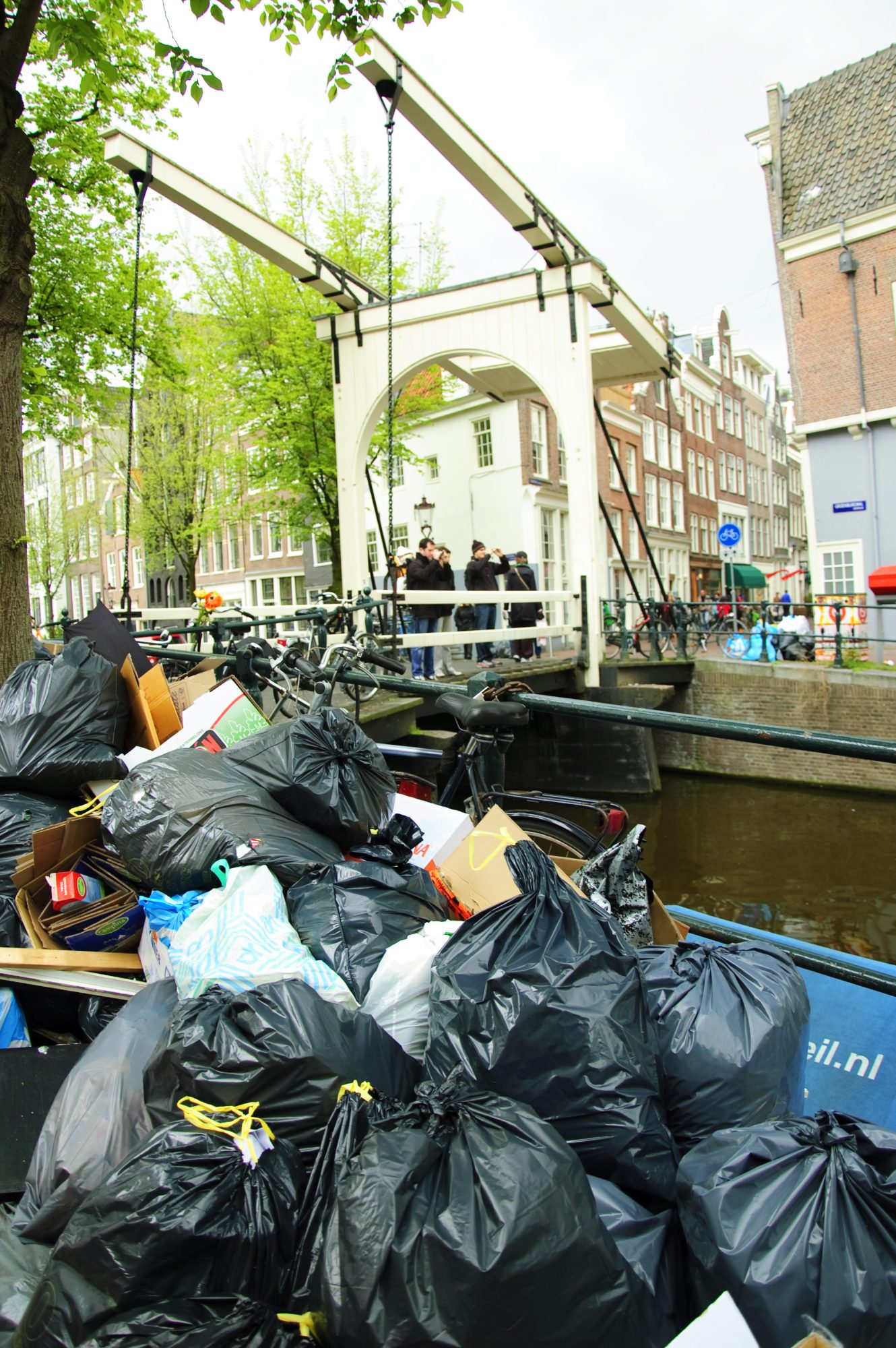
In Berlin, they focused on wastewater heat: partners developed an app in the style of a radar to map wastewater heat supply and demand while connecting suppliers with users.
Finally, in Vejle, the Value Chain Mapping Game helped outline the whole value chain flow of retail plastic through gamification.
Milan and Paris both piloted various solutions besides BOTTO, too. Partners in Milan implemented Prima-Seconda – a project recycling bread surplus to make beer – and Food Market 4.0 – an integrated system of both hardware and software that enables market managers to manage fruit and vegetable flows and make the process more sustainable.
In Paris, stakeholders created Re-Label – a certification for objects and furniture promoting good reuse practices among local makers – and the Driven Incubator Start-up Studio, which facilitates the financing of innovative start-ups in the construction sector.
Work on the project by its 28 partners across Europe ended in May 2022
Cristiana Parisi, coordinator of REFLOW from Copenhagen Business School, said: “The separate collection of plastic, organic waste and dangerous waste has been enhanced in all 360 REMA 1000 stores in Denmark and across the Reitan group (1900 stores in the Nordic countries).”
“I received numerous invites from universities and private organisations already considering the replication of REFLOW, and maybe there will be a REFLOW 2.0. I feel like this is just the beginning.”
The game is also being tested within the public elderly home Sofiegården, which shows how it can be used even in other branches and sectors. The latter solution is being tested at the Morsenchio Municipal Covered Market.
Supporting greener cities for citizens across Europe
Cristiana Parisi said: “Our FabLabs (digital workshops that can be used by the public to transform creative ideas into tangible prototypes) and makerspaces were the main driving force for project innovation.
“In Milan, for instance, we developed BOTTO – an automated communication system that facilitates the reallocation of surplus food. It enables close cooperation between fruit/vegetable wholesalers and associations working against food waste or helping people in need.
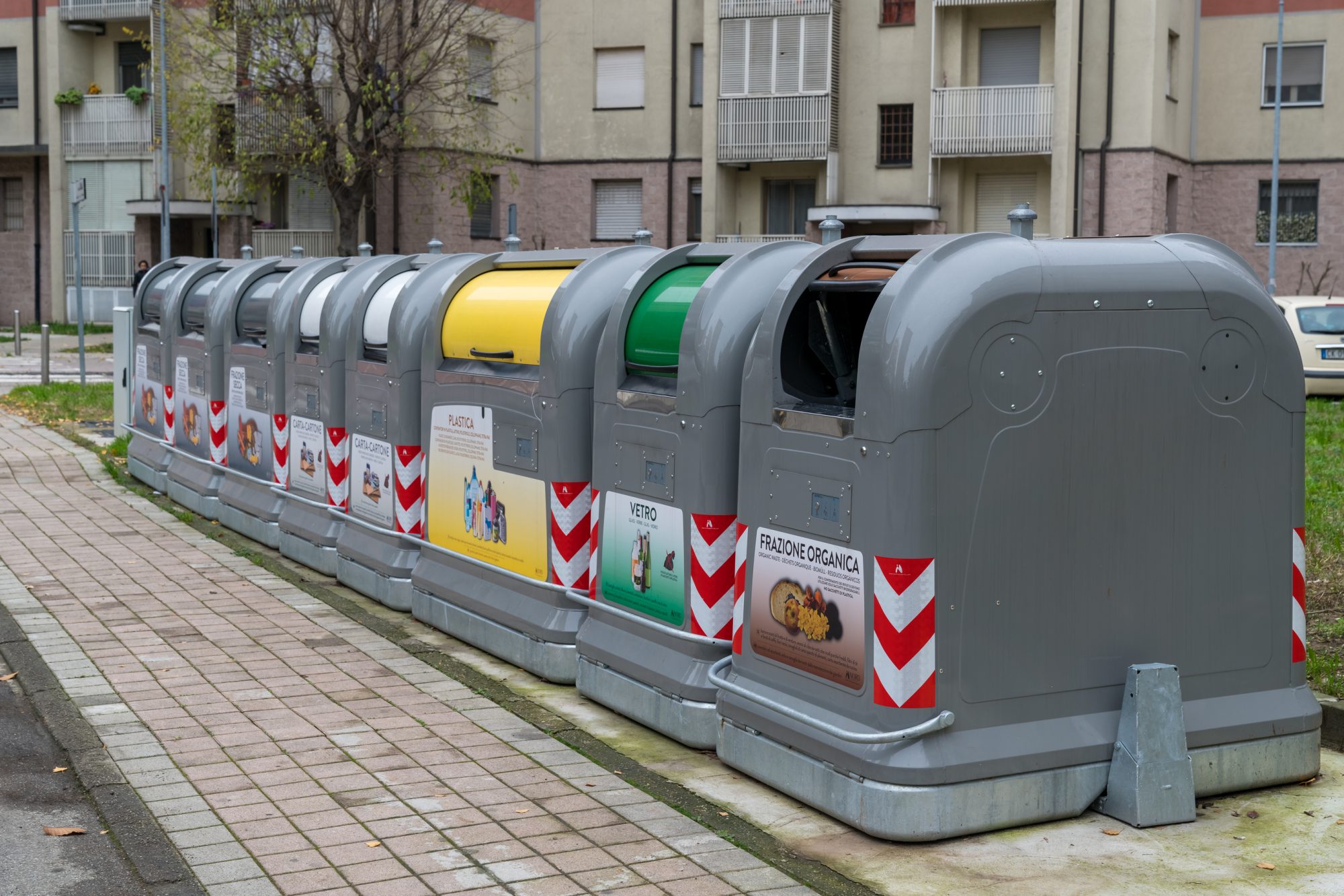
“The cities have been the real driving force of the project. Local communities responded very positively and actively engaged with the project, also providing additional funding and participating in local initiatives organised by the municipalities, the FabLabs and the makerspaces. They were able to truly reinvent themselves with the help of REFLOW OS.”
Parisi hopes to see these efforts continue in one form or another. She finalised: “My main goal is for the project to inspire other cities and citizens to take action and embrace the circular economy. I received numerous invites from universities and private organisations already considering the replication of REFLOW, and maybe there will be a REFLOW 2.0. I feel like this is just the beginning.”

